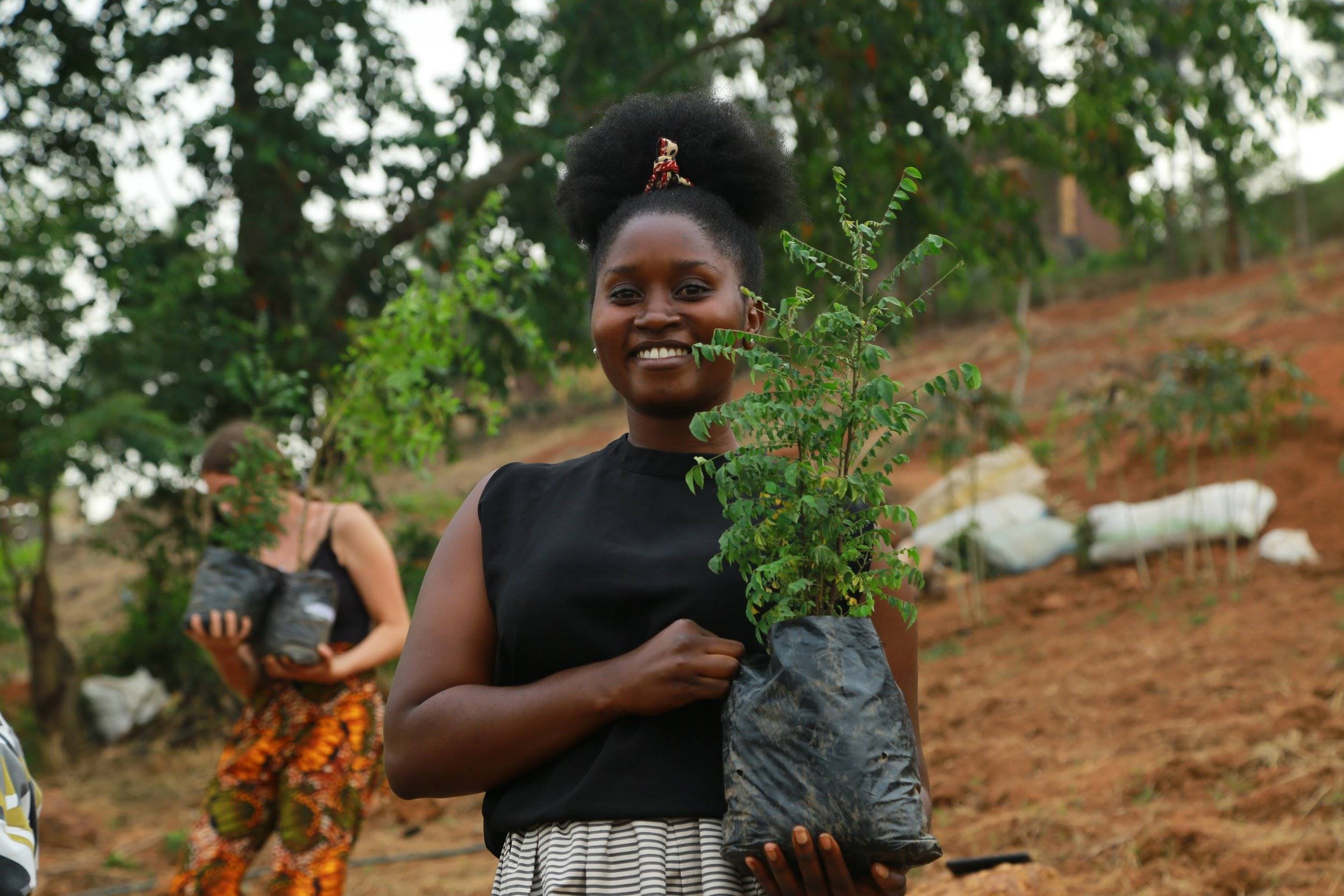Co-design a healthy, affordable, and accessible food system for all.
Transition the food sector towards a regenerative agriculture while solving issues with land use, power dynamics, crop supply and demand.
Foodure: The Future of Food is Regenerative
Premise
Overcome institutional bottlenecks, cultural obstacles, and work together with other shareholders to understand the costs, benefits, and implementation of regenerative agriculture on a global scale.
Game Dynamics
From government agencies and agri-business giants to citizens and NGOs, you will develop different perspectives on the transition towards the regenerative paradigm with a special emphasis on building relationships.
-
How long does it take?
The Foodure Game takes 5-6 hours to play in total, with breaks. This includes, explanation, game play and team reflection.
We do consider this an all day workshop and suggest the players plan to take the whole day to get the most out of this experience.
How many people can play?
This is best played with a group of 15-30 individuals.
Who runs the game?
Foodure is always run by trained facilitators to ensure that your team gets the most out the experience.
Where can Foodure be played?
The game is more fun and engaging in person but, if necessary, Foodure be played online or in a hybrid setting.
-
Foodure makes an excellent team building exercise for any group that is interested in how they can play a part in working collaboratively to transition to a safer, more regenerative future.
- Government, policymakers, lobbyists and community groups interested in politics that want to deepen their understanding of how to create policies around rebuilding the agriculture system.
- Investor groups interested in what the transition to regenerative agriculture could look like with their input.
- Farmers and farming associations that want to deepen their knowledge of
Ready to Play?
Get More Information
Fill out this form with some information about the team you’re interested in playing Foodure with and our team will get back to you as soon as possible.
Research & Development
Transitioning to a regenerative approach to farming requires systemic transformation that involves diverse stake-holder groups. It takes time, systems thinking, common understanding, and organizational development along with personal and professional reflection (and sometimes compromise) to reach the shared vision of a regenerative food system.
The work we do in Africa has shown us the importance of cooperative design and collaboration to impact real systemic change. The co-development of Foodure between Fresh Forces and Tari gives us the opportunity to distill the insights and challenges of our real regenerative agroforestry farm projects into a mindful game that we can share widely.





